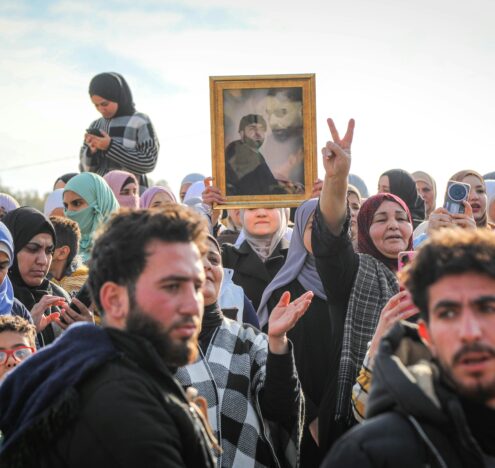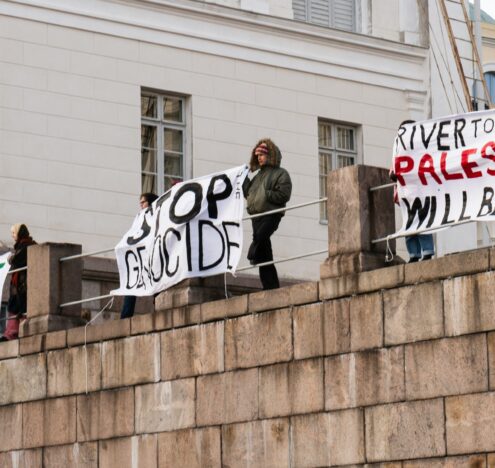On April 3, Newsweek reported that the Commandant of the Marine Corps, General Rob Neller leaked internal memoranda from the Department of Defense that discussed the budgetary pressures on military services that have been tasked with supporting Homeland Security operations along the Mexican border. General Neller argued that these “unplanned” and “unbudgeted” issues present a great burden on the Marine Corps and an “unacceptable risk to Marine Corps combat readiness and solvency.” Ultimately, a DOD source told reporters that General Neller allowed the leak of the emails because “he didn’t want the Marines and families at Camp Lejeune [a Marine Corps base in North Carolina] to get fucked.”
Neller has since walked back his comments to something more like, we just “have to pay our bills,” but his actions are a symptom of a much larger problem plaguing the military under President Trump. As the civil-military divide continues to grow, the military feels increasingly left behind.
A DOD source told reporters that General Neller allowed the leak of the emails because “he didn’t want the Marines and families at Camp Lejeune to get fucked.”
Let’s review how and why we find ourselves at this dire precipice:
In late February, Congressional leaders decided it was not prudent or wise to authorize funding for the Trump administration to build a border wall along the nation’s southern border. As experts have argued, physical barriers do not work or address the specific issues plaguing our country with regard to immigration and drug interdiction. The vast majority of our immigration violations stem from visa overstays, not illegal border crossing.
The majority of the migrant caravans headed to our border in recent weeks were women and children fleeing violent and dangerous circumstances in their home Central American countries. Former Secretary of Homeland Secretary Kristjen Nielsen testified to this fact before the House Committee on Homeland Security on March 6. On the same day, Customs and Border Protection Commissioner Kevin McAleenan stated this was an ongoing humanitarian crisis.
Even President Trump stated that declaring a national emergency was not necessary, but that he wanted to move the overall process along faster. He ultimately wished to make a political statement out of a serious policy issue to give the appearance of fulfilling a political promise. Furthermore, with the forced resignation of Secretary Nielsen as well as Secret Service Director Randolph “Tex” Alles — and more DHS firings to come as a part of an alleged “purge” — it seems that the stability of our immigration policies and processes, as well as our homeland defense, may not be the main interests at the heart of these decisions. Rather, the president’s focus seems to be on political optics, as his 2020 campaign has already begun.
In order to skirt the very clear, bright line that is the constitutional appropriation authority of Congress, the administration began identifying other sources of funding to find the billions of dollars necessary to meet the President’s request. One such source of funding, much to the anger of military leadership, is DOD funding appropriated for military construction. This is funding that is vital to correcting a myriad of issues with current housing for military families, particularly issues that create unsafe and unlivable circumstances the current Under Secretary of the Army has himself deemed “embarrassing.” This is the very issue that fuels General Neller’s outrage.
To be clear, this administration would reallocate funds desperately needed for the health and welfare of military families in order to continue building a wall Congress won’t fund and the American people don’t want. Migrants fleeing abhorrent conditions continue to pose no threat to our safety, and a border wall isn’t going to stop marginalized communities from seeking refuge from their desperate situations. All that these policies have achieved is to create a humanitarian crisis at our borders while deepening an already Grand Canyon-esqe civil-military divide.




















